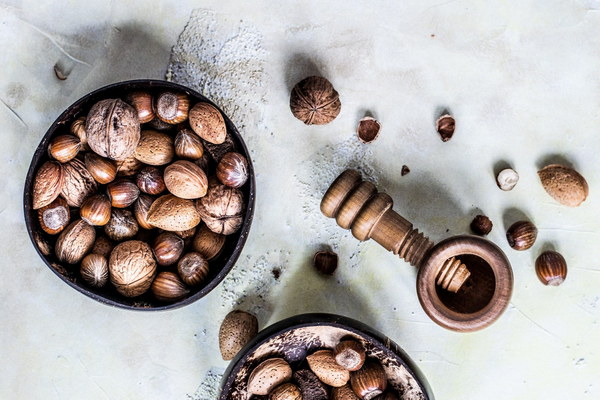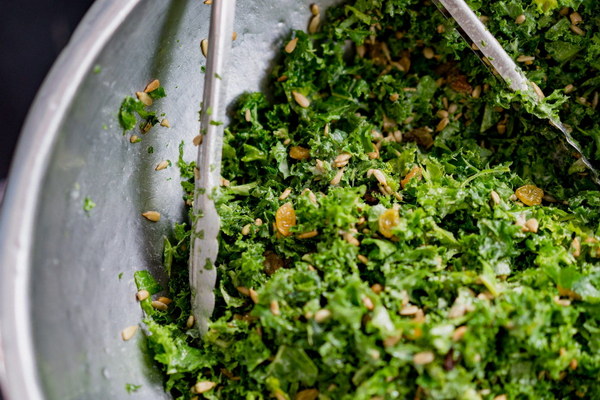Balancing the Spleen and Stomach A Guide for Health-Maintaining Individuals
Introduction:
The spleen and stomach are two crucial organs in traditional Chinese medicine, playing a vital role in maintaining overall health. For individuals who are already in good health, it is essential to nurture and balance these organs to ensure continued vitality and well-being. This article provides practical tips and suggestions for health-maintaining individuals to care for their spleen and stomach, promoting long-term health and preventing potential issues.
1. Proper Diet:
A balanced diet is the foundation for maintaining a healthy spleen and stomach. Here are some dietary recommendations:
a. Include a variety of nutrient-rich foods: Incorporate whole grains, lean proteins, fruits, vegetables, nuts, and seeds into your daily meals.

b. Choose cooked over raw: Raw foods can be difficult for the spleen and stomach to digest, so it's best to consume them in moderation or cook them well.
c. Avoid cold and raw foods: Cold and raw foods can weaken the spleen and stomach, leading to digestion issues. Limit consumption of cold drinks, ice cream, and raw vegetables.
d. Eat in moderation: Overeating can burden the spleen and stomach, leading to indigestion. Practice portion control and avoid eating too quickly.
2. Timely Meals:
Eating regular, well-timed meals is essential for a healthy spleen and stomach. Here are some tips:
a. Have breakfast within an hour of waking up: This kickstarts your metabolism and provides energy for the day.
b. Eat at consistent times: Establishing a routine for meals helps regulate the digestive process.
c. Avoid skipping meals: Skipping meals can disrupt the spleen and stomach's normal function, leading to weight gain, fatigue, and other health issues.
3. Gentle Exercise:
Regular, gentle exercise can help improve the function of the spleen and stomach. Here are some exercise suggestions:
a. Walk or take a light jog: These activities help stimulate digestion and improve circulation.
b. Practice yoga or tai chi: These practices focus on breath and movement, which can aid in digestion and relaxation.
c. Avoid excessive exercise: Overexertion can strain the spleen and stomach, so it's essential to find a balance.
4. Stress Management:
Chronic stress can negatively impact the spleen and stomach. Here are some stress-relief techniques:
a. Practice mindfulness and meditation: These practices can help reduce stress levels and improve overall well-being.
b. Spend time outdoors: Being in nature can help lower stress levels and promote relaxation.
c. Engage in hobbies: Activities you enjoy can provide a sense of peace and reduce stress.
5. Herbs and Supplements:
Certain herbs and supplements can support spleen and stomach health. Consult with a healthcare professional before starting any new regimen:
a. Astragalus: This herb strengthens the immune system and supports spleen and stomach function.
b. Licorice root: This herb helps reduce inflammation and supports digestion.
c. Vitamin B12: This vitamin is essential for maintaining a healthy digestive system.
Conclusion:
For individuals who are already in good health, it's crucial to care for the spleen and stomach to maintain overall well-being. By adopting a balanced diet, practicing timely meals, engaging in gentle exercise, managing stress, and considering herbal supplements, you can support the health of these vital organs and promote long-term vitality. Remember, these practices are meant to complement, not replace, medical advice. Always consult with a healthcare professional for personalized guidance.









